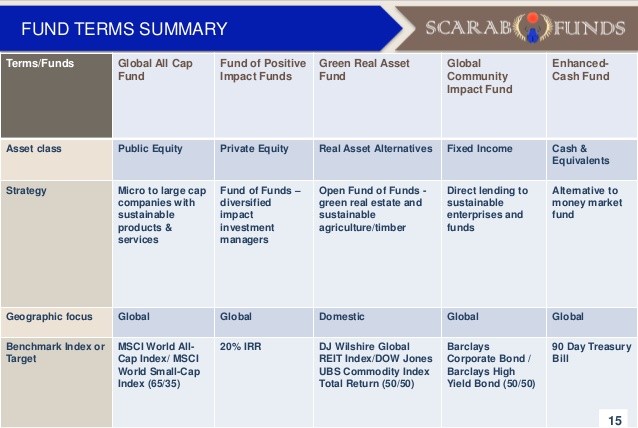That Money Show Making Change Investing in Stock Index Funds
Post on: 30 Май, 2015 No Comment

Investing in Stock Index Funds
MONEY magazine columnist Jason Zweig joined THAT MONEY SHOW’s host and managing editor Betsy Karetnick to discuss investing in stock index funds. In the following article, excerpted from their conversation, Zweig provides information about the Standard & Poors 500 index, as well as tips for new investors about how to decide whether index funds are right for their portfolio.
THAT MONEY SHOW: When investors buy index funds, which index are they typically tracking?
JASON ZWEIG: The most common index used for index funds is the Standard & Poors 500 index which, as its name suggests, has 500 of the best known, leading companies in the country, though it does have several foreign stocks as well.
TMS: Is the S&P 500 rigged?
ZWEIG: There’s a common misperception among investors that the S&P 500 index contains simply the 500 largest stocks in the United States. That isn’t true. It contains 500 stocks that are selected by the index committee of the Standard & Poors 500 corporation. In recent years, that committee has been more aggressive than it was in the past in changing the membership of the index. The committee has been introducing a great number of technology and growth stocks with fairly high valuations, so over time the valuation of the index has risen. That’s something investors need to be aware of.
TMS: When investors look at an S&P 500-based fund, they believe they are buying something that represents the market as a whole. Has that changed?
ZWEIG: It has changed in a way that investors need to know about. Many people use the S&P 500 index as a way to value the performance of, for example, a mutual fund that invests in so-called value stocks, which tend to be cheaper than the market as a whole. If you’re using a growth-oriented index like the S&P 500 index to compare that, you’re probably not going to get an accurate comparison.
TMS: If we hold an S&P 500-based index fund, can we still use that as a good base for a portfolio?
ZWEIG: Absolutely. There’s no reason to feel that the S&P 500 index has changed so dramatically that it’s no longer worth owning. However, it does have certain characteristics that it didn’t used to have. It trades at higher proportion to its valuations than it historically did, largely because of these changes the committee has made. You also need to be aware that it’s not a pure, passive tracking of the market, but that the index committee will make substitutions from time to time to keep it current with the market as a whole.
TMS: If we are going to buy an index fund, are there two or three tips you can give us to help us make our decisions?
ZWEIG: Sure. There are three main questions to ask:
- What kind of index do you want to invest in? There are index funds that cover every imaginable way to invest. Some cover international markets, or small stocks in the U.S. or mid-cap stocks, or large stocks, or even stocks of only single countries overseas.
For links to online investing information and sites, visit our Resources section.
For more information on how you can achieve your financial goals, visit our archive .














